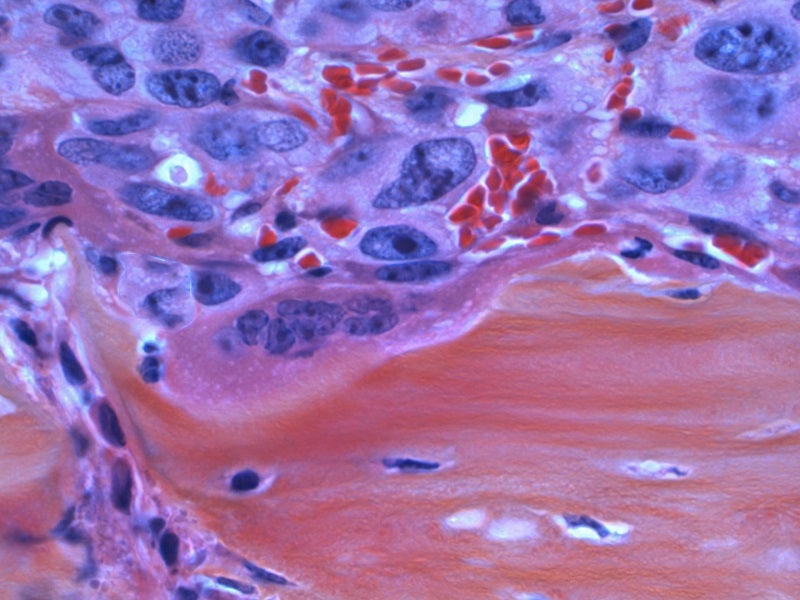
Marengo Therapeutics has dosed the first participant in the Phase I/II START-001 clinical trial of STAR0602, its new T cell receptor (TCR) Vβ directed antibody-fusion molecule.
The open-label, multi-centre trial has been designed for assessing the preliminary clinical activity, safety, and tolerability of STAR0602 as a monotherapy in patients with advanced, antigen-rich solid tumours, including PD-1 refractory and rare tumours.

Discover B2B Marketing That Performs
Combine business intelligence and editorial excellence to reach engaged professionals across 36 leading media platforms.
It includes both a Phase I dose escalation segment and a Phase II dose expansion part.
In the Phase I dose escalation portion, STAR0602 will be given intravenously in advanced solid tumours patients for evaluating its safety/tolerability profile and for determining the maximum tolerated dose (MTD) and/or recommended Phase II dose (RP2D).
STAR0602 at RP2D will be given to advanced, antigen-rich solid tumour patients for further assessing its preliminary clinical activity and safety in the Phase II dose expansion part.
Currently, the trial is enrolling participants at US cancer research institutes, including Mass General Hospital (MGH)/Harvard Medical School, and the National Cancer Institute (NCI) of National Institutes of Health (NIH).

US Tariffs are shifting - will you react or anticipate?
Don’t let policy changes catch you off guard. Stay proactive with real-time data and expert analysis.
By GlobalDataTo support further expansion of the trial, additional top cancer centres are also planned to join these clinical sites.
Marengo CEO Zhen Su said: “The initiation of our first clinical trial with STAR0602 is an important milestone for Marengo and our selective T cell-targeted STAR platform.
“The START-001 trial leverages a deep biology-driven study design to address high unmet clinical needs in patients for whom PD-1 therapies are no longer effective.
“Our clinical development approach utilises a biomarker-enriched, tumour-agnostic strategy that offers a much-needed novel approach to cancer drug development.”



